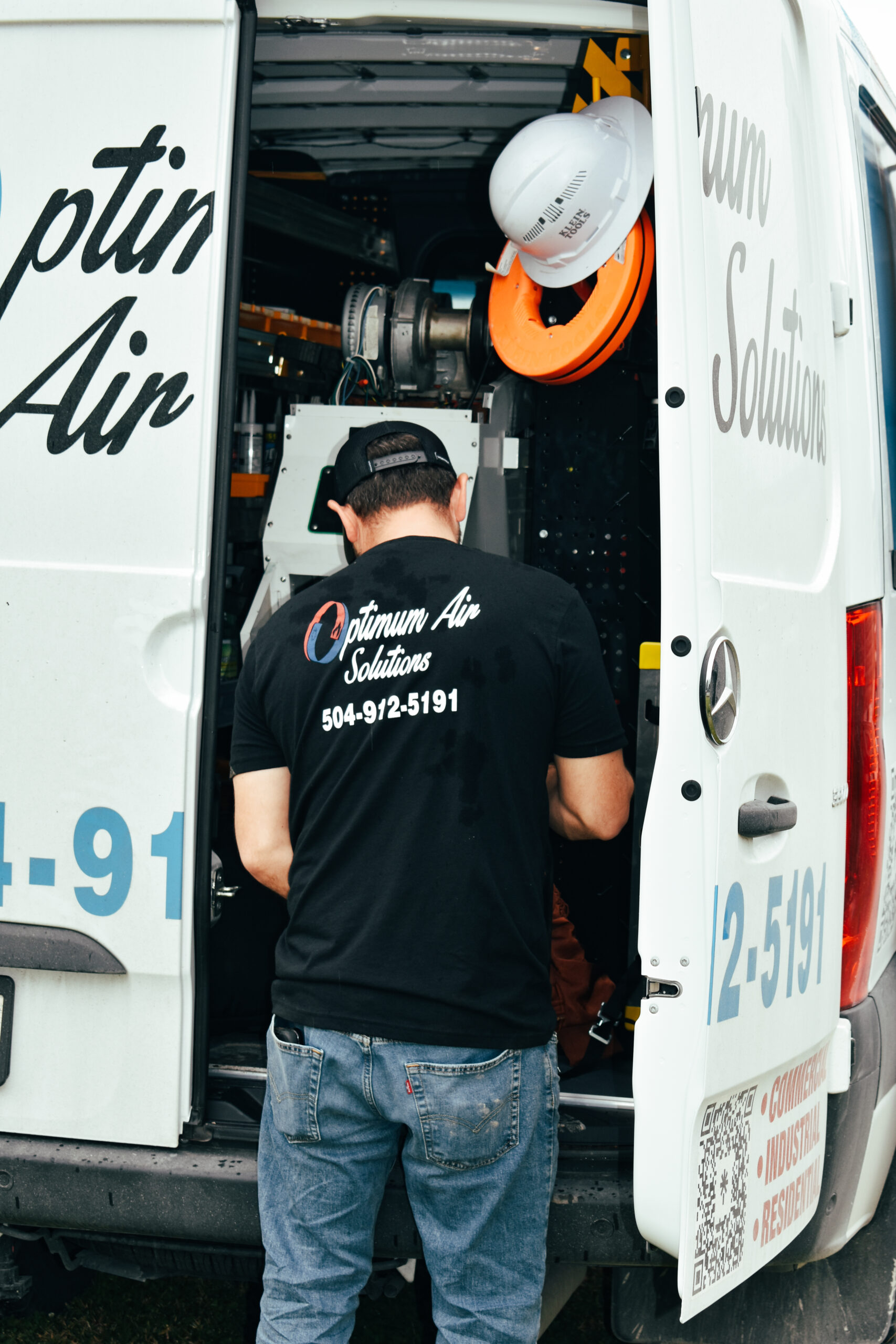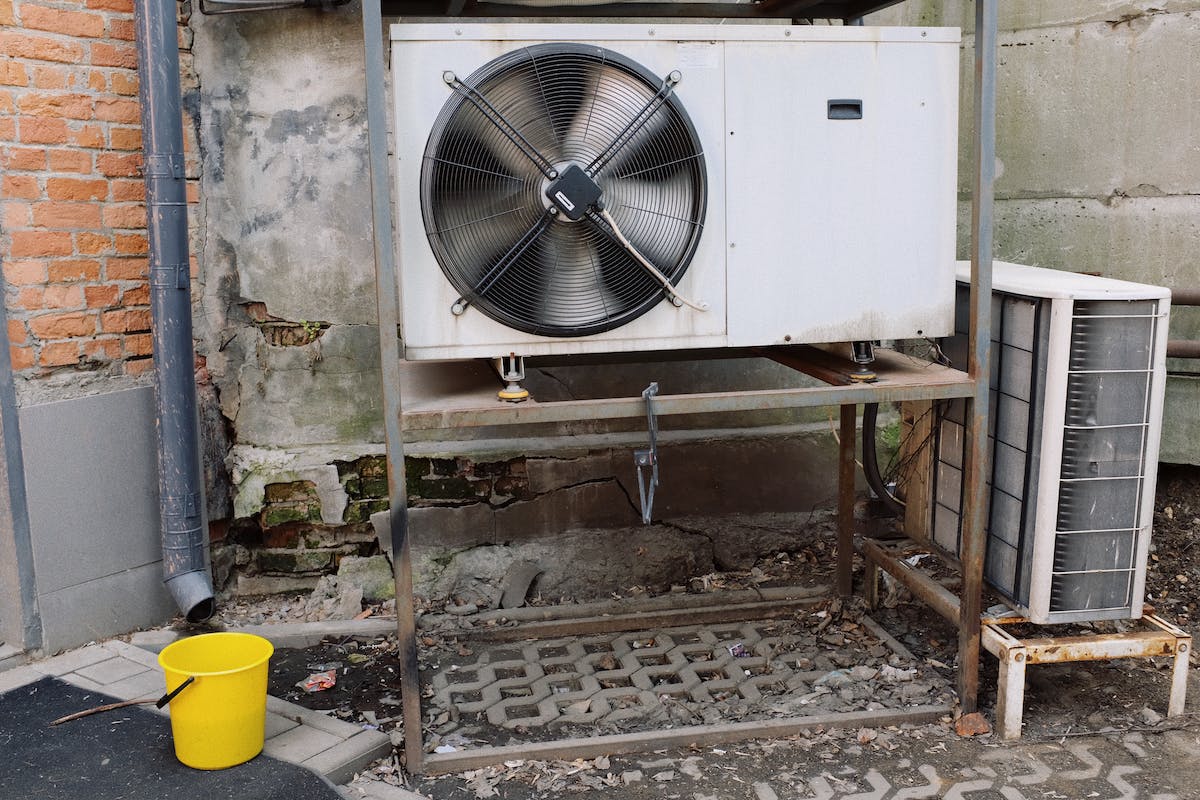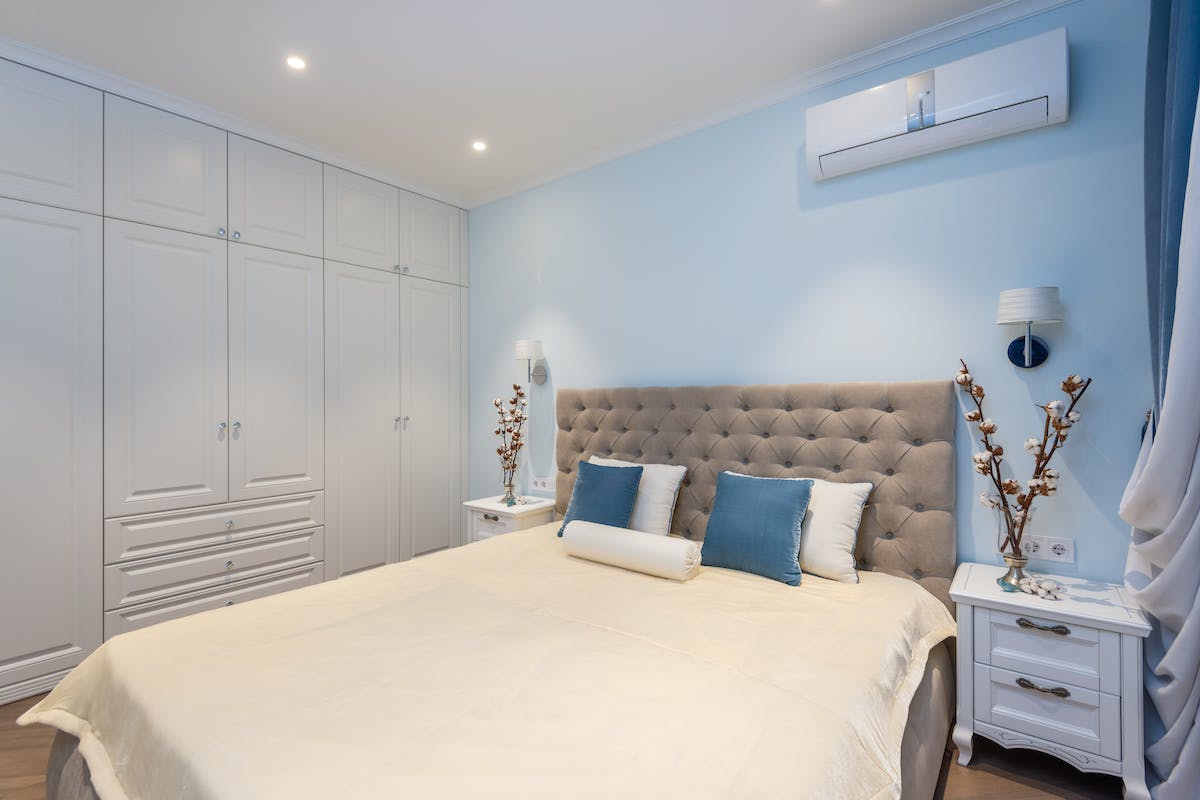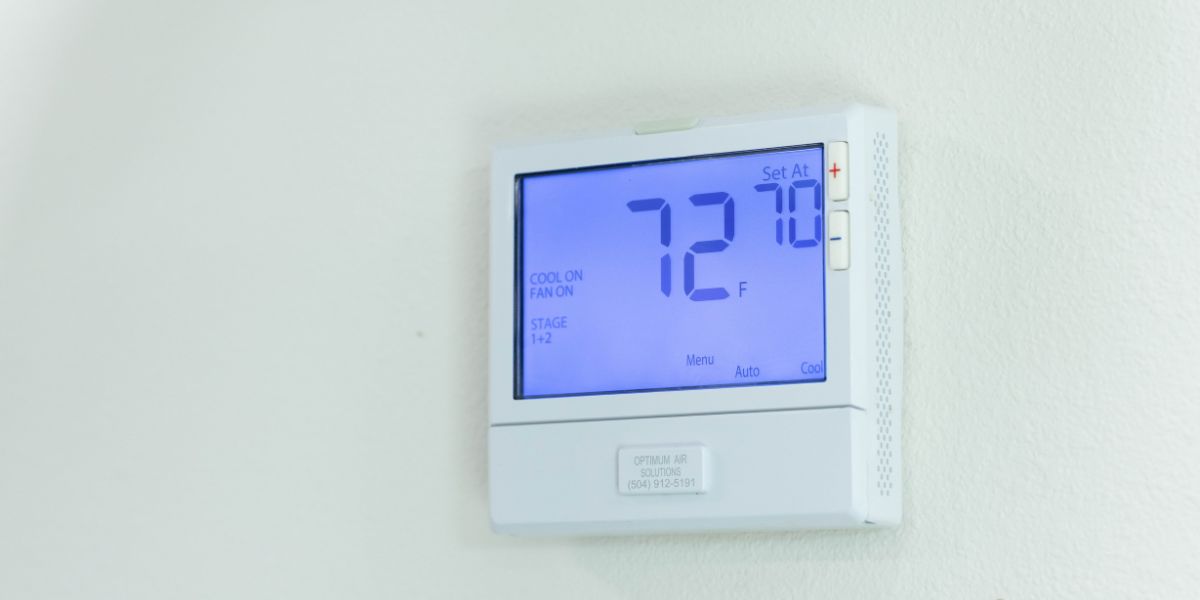
If you want to keep your HVAC system running smoothly year-round and maintain a comfortable environment, maintenance is usually the key. However, even the sturdiest of HVAC systems come across some hiccups. That’s why being able to understand some of the most common HVAC issues and their solution can save you some time and money in the long run.
Today, we’re diving into a comprehensive guide of issues you may experience with your system and how to troubleshoot them. Let’s get started!
Inconsistent Temperature Distribution
One of the most prevalent HVAC problems is an inconsistency in temperature distribution, meaning some areas of your property are significantly cooler or warmer than others. There’s no doubt that inconsistent cooling and heating can put a pause on your property’s efficiency. Here are a few reasons your temps could be inconsistent:
Possible Causes:
- Blocked or Closed Vents: Is there furniture or any other objects that are blocking your vents and restricting airflow? If so, that could be leading to your temperature imbalance.
- Imbalanced Ductwork: Ductwork that isn’t properly balanced can lead to your air distribution being uneven.
- Thermostat Issues: Be sure that your thermostat is calibrated correctly! If not, your HVAC could cool and heat unevenly.
Solutions:
- Make Sure All Vents are Open and Unobstructed: If any of your home’s decor is blocking your vent’s airflow, move it.
- Inspect and Balance Ductwork: If you suspect your ductwork is imbalanced, your trusted HVAC technician can thoroughly inspect and balance it to make sure your air is flowing properly through your property.
- Recalibrate Your Thermostat: Make sure your thermostat is calibrated in the necessary manner. If you’re still having trouble, try recalibrating or replacing it to improve your temperature’s control.
Should these adjustments fail to resolve your HVAC issue, it may be time to call a pro. A more complex issue could be causing persistent temperature imbalances.
Strange Noises
Have you noticed weird noises coming from your HVAC system? If so, that could indicate other underlying issues. Any banging, rattling, lagging, or squealing points to different problems, respectively.
Possible Causes:
- Loose or Damaged Parts: Any loose belts or bearings can generate some serious noise.
- Faulty Fan or Motor: Fan and motor issues will also create unusual noises.
- Debris in the System: Systems cluttered with debris can cause rattling noises that are definitely a cause for concern.
Solutions
- Tighten Loose Components: Check and tighten any loose parts. Remember the rule of thumb: Righty tighty, lefty loosey.
- Clean or Replace Damaged Parts: Inspect and replace any damaged parts causing noises (please call a professional if you’re not sure where the noise is coming from).
- Remove Debris: Put some elbow grease into it! Be sure to clear out any debris from your HVAC system that could be generating noise.
If the noises are persistent, you will need backup. We cannot stress enough how important it is to employ an HVAC expert to avoid more costly repairs.
Poor Airflow
Bad airflow can reduce your HVAC system’s efficiency and affect your property’s overall comfort. When your airflow is restricted, your rooms may not reach the temperature you’re looking for quickly or effectively. Here are a few indicators to look out for:
Possible Causes:
- Dirty or Clogged Air Filters: When your air filters are clogged with dirt and debris, it makes it harder to filter out contaminants and let the air pass through the vents.
- Malfunctioning Blower Motor: If your blower motor isn’t performing properly, it can impede on your property’s proper air circulation.
- Obstructed Ducts: Your ductwork is important to your airflow. Should it be obstructed, your airflow will be limited.
Solutions:
- Clean or Replace Air Filters: Be sure that you are regularly replacing or cleaning your air filters to maintain your proper airflow. Want to learn more about how air filters affect your airflow? Click here!
- Inspect and Repair the Blower Motor: Is the blower motor functioning properly? If not, replace it.
- Clear Duct of Obstructions: Inspect and clear any debris or other obstructions in the ducts that are reducing your property’s airflow.
HVAC System Not Turning On
An HVAC that won’t start up can be a major inconvenience, especially in the Louisiana heat. An unresponsive HVAC system could be due to:
- Tripped Circuit Breaker: Be mindful of your circuit breaker. If it’s tripped, your HVAC might not turn on.
- Faulty Thermostat: If your thermostat is malfunctioning, your HVAC might not turn on. In this case, depending on the severity, you may need a professional to replace your thermostat.
- Electrical Issues: Electrical hiccups within your system can cause your system to fail to start.
Solutions:
- Reset the Circuit Breaker: If you discover your circuit breaker is, in fact, tripped, reset it and revisit your thermostat to see if it turns on.
- Replace Thermostat Batteries: Replace your thermostat’s batteries to help ensure it’s functioning properly.
- Inspect Electrical Connections: This is your time to cross your t’s and dot your i’s. Make sure your electrical connections for any indication of concern and address them as needed.
Again, if these issues persist, you will definitely need a professional. Give us a call!
Frequent Cycling
You know your HVAC is frequently cycling when it turns on and off more often than usual. It puts unnecessary strain on your system and reduces its efficiency. Leaving this problem unchecked can lead to higher energy bills and reduced comfort.
Possible Causes:
- Incorrect Thermostat Settings: If your thermostat is set improperly, proper cycling can occur.
- Overloaded or Dirty Air Filters: When your air filters are clogged with debris, their airflow is impeded, which can cause your system to cycle constantly.
- Refrigerant Issues: Low refrigerant levels or refrigerant leaks can cause your system to cycle frequently.
Solutions:
-
- Adjust Thermostat Settings: Tap in with your thermostat settings to make sure they’re calibrated to meet your property’s needs.
- Clean or Replace Air Filters: You should be replacing your air filters at least every three months, and your HVAC tech will complete this task for you when they do your routine maintenance.
- Check Refrigerant Levels: Inspect those refrigerant levels and check for leaks! If you see something suspicious, call us!
If you can better understand these very common HVAC problems and their solutions, your life will be a lot easier and your property a lot comfier. If your problems persist after troubleshooting, you may need to call for backup.
That’s where we come in! The Optimum Air Solutions team of experts is always here to help. We specialize in bespoke HVAC services and have been catering to homes and commercial properties all across New Orleans.
Having some persistent issues with your HVAC? Clickhttps://optimumairsolutions.com/contact-us/to get in touch with our team of specialists, and we’ll get some help out to you!
continue reading
Related Posts
When your air conditioner kicks on, you expect the sweet
“Comfort is the quiet hero of any home.” Heating and



